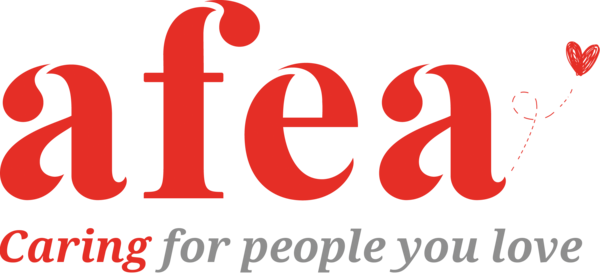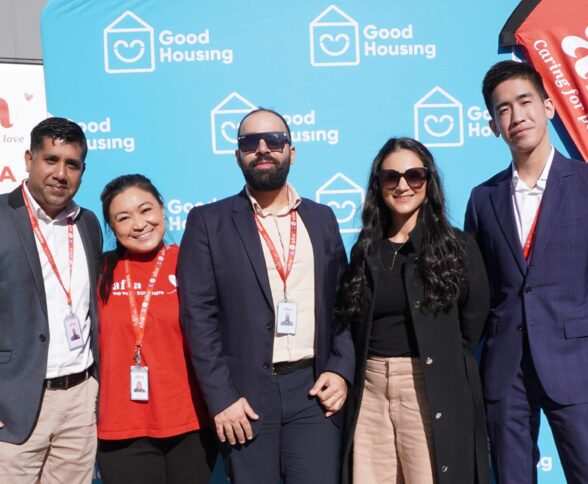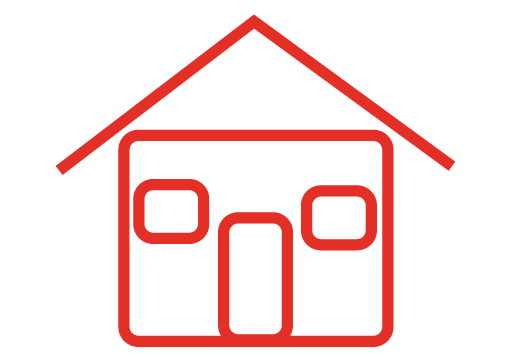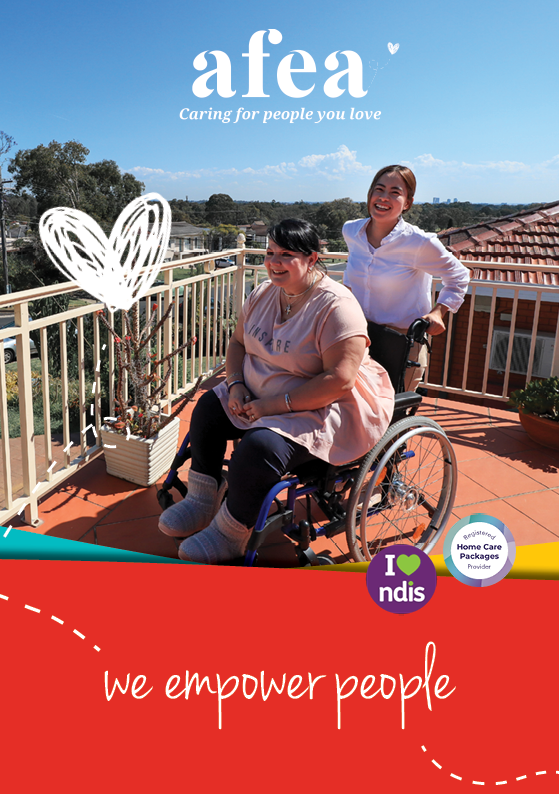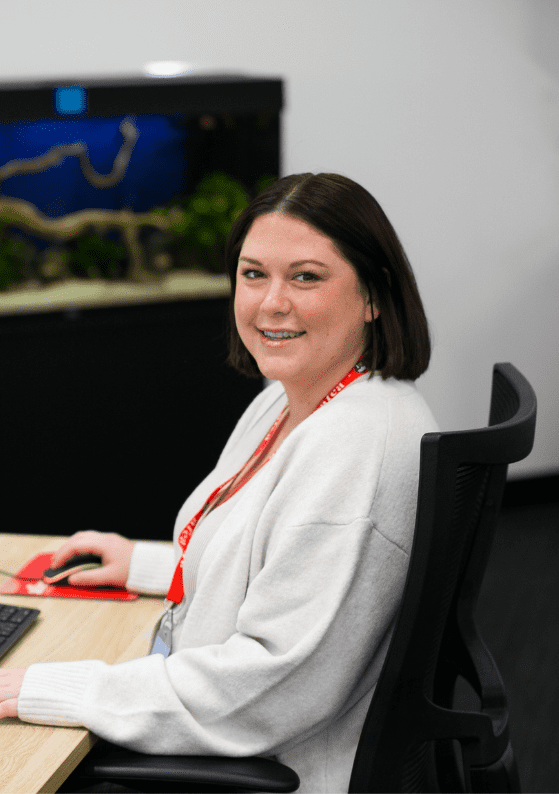Becoming a support worker can offer opportunities to create meaningful change in people’s lives and open pathways to a future career. According to the Australian Government’s Labour Market Insights dashboard, 15.3% of the Australian workforce (or 2.1 million) are employed in health care and social assistance. Of this number, support workers or carers for older people and people with disability are one of the largest employing occupations.
If you’re passionate about helping others, becoming a support worker can be a fantastic career option for you.
What is a support worker?
A support worker provides physical, emotional and practical support to people living with disabilities or those with physical or mental health needs.
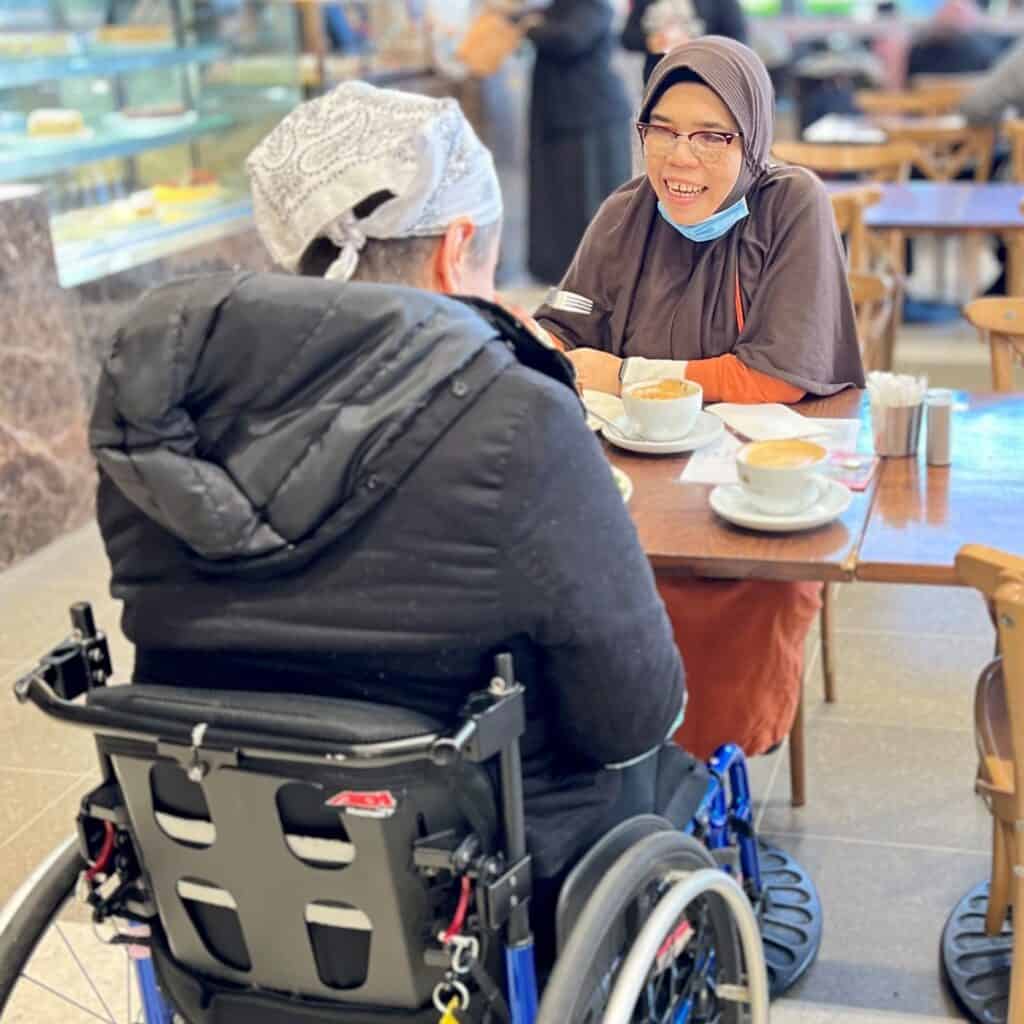
This is a rewarding job that is ideal for people who require flexibility with their hours and are looking for a meaningful way to make a difference in people’s lives.
What are a support worker’s tasks?
Some of a support worker’s tasks may include:
- Accompanying clients during daily activities
This may include assisting them to access public transport or driving them to the grocery, school, work, daily errands or leisure activities.
- Assisting clients with their mobility
This may include assisting them with mobility aids such as canes, walkers or wheelchairs, or using a hoist to move them from the bed to a chair.
- Preparing food or assisting with cooking
Getting nourishment from regular meals is key to health and overall well-being, and support workers may assist with preparing meal ingredients and cooking nutritious dishes.
- Performing housekeeping tasks
Support workers can assist with vacuuming, loading the laundry or washing the dishes to keep a client’s home tidy and neat.
- Assisting in personal hygiene and dressing
This may include showering, dressing and toileting to assist clients to get ready for the day or before going to bed.
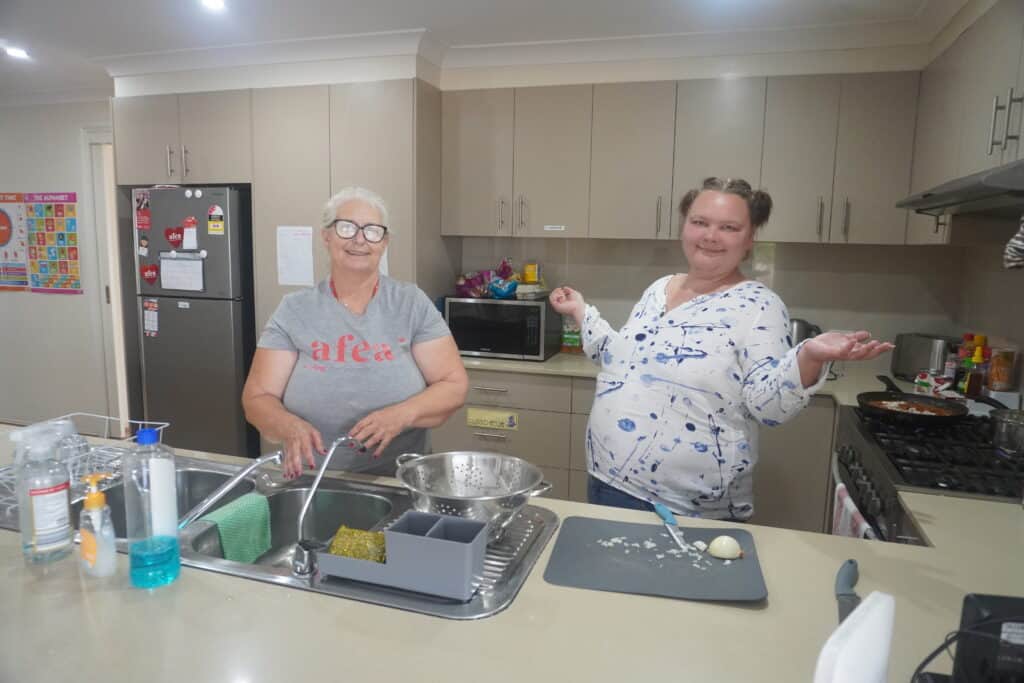
- Providing companionship, friendship and emotional support
Some clients may live alone, or live with family that require respite from care work. Support workers can provide companionship and support clients at home or out in the community.
- Overnight support
Depending on the client’s needs and condition, a support worker may be needed to stay overnight to provide help as needed. Under the NDIS, overnight support may involve being awake during the night (Active Overnight) or getting up once or twice during the night to assist but sleeping the rest of the time (Inactive Overnight).
Becoming a support worker
Qualifications
While formal qualifications are not strictly essential to becoming a support worker, service providers may require you to have vocational qualifications. This demonstrates that you have the training, skills and motivation to support people.
This can be a Certificate III in Individual Support, which will help you use discretion and judgement in supporting people who may require assistance due to ageing, disability or other reasons. This includes training in personal care, infection prevention and control, emotional support and assisting with mobility.
A Certificate IV in Disability is perfect for those needing more advanced skills or who wish to further their careers.
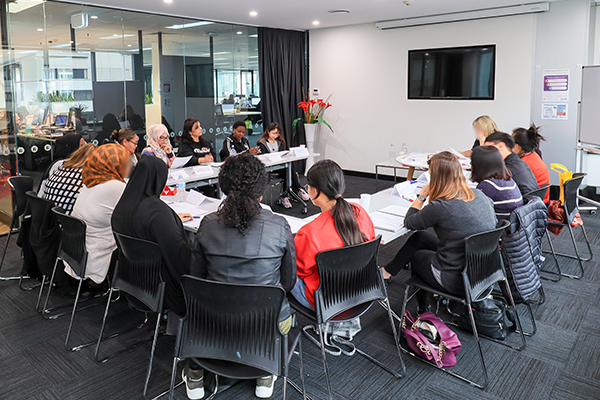
These qualifications involve classroom study, practical sessions and work placement, which provides real-world experience.
NDIS Worker Screening Check
If you are planning to deliver supports and services to NDIS participants – for example, as a carer for Afea – you will need to undergo an NDIS Worker Screening Check (NDISWC).
An NDIS Worker Screening Check is an assessment of whether a person who works, or seeks to work, with people with disability poses a risk to them. This check is conducted by the Worker Screening Unit (WSU) in the state or territory where a person applies for it. The WSU can clear or exclude applicants from working with people with disability.
Your employer will advise you whether you need an NDISWC as part of your work.
The fees and processes vary across states and territories. Check out the following links:
- Australian Capital Territory: Access Canberra
- New South Wales: Service NSW
- Northern Territory: SAFE NT
- Queensland: Disability Worker Screening
- South Australia: Department of Human Services Screening Unit
- Tasmania: Consumer, Building and Occupational Services
- Victoria: Department of Justice and Community Safety
- Western Australia: Department of Communities
Find out more in our post: Applying for an NDIS Worker Screening Check (NDISWC)
What skills does a support worker need?
You will need to utilise soft and hard skills to effectively complete your tasks and connect with clients.
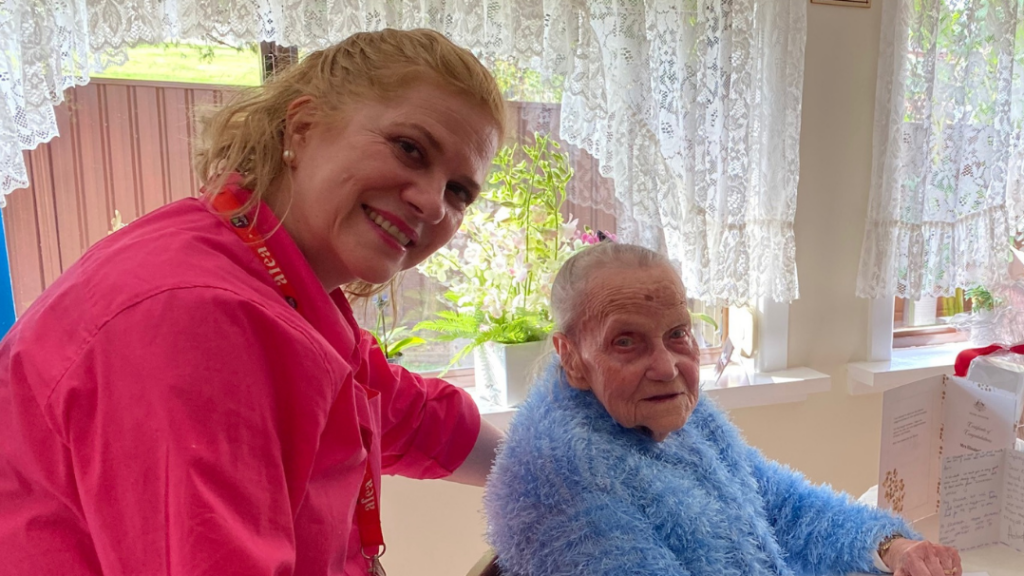
- Empathy: Many clients requiring support need to feel safe and heard. Being understanding and compassionate is very important in this role, especially since some clients may require help while they’re in physically or emotionally vulnerable positions.
- People skills: This involves the ability to communicate and build relationships with other people. If you have good interpersonal skills, clients will feel at ease to welcome you to their homes or share their concerns.
- Computer/technical skills: Service providers, like Afea, may use apps or tech platforms to record information and assign shifts. Clients themselves may require help with certain software or online banking tools. Some level of computer literacy may be required to help you become successful.
- Life skills: Clients may require help for a variety of tasks, from cooking spaghetti to keeping their room clean, so your own skills in everyday life will be helpful in this role! Clients may also seek connection through common interests and experiences. Life experiences – anything from your own hobbies to your favourite show – can come into play in your client interactions.
Support Worker Career Pathways

If opportunities arise and you have the skills and qualifications, you can move to leadership roles after working as a support worker.
At Afea, several former support workers have joined our office team to work as Client Coordinators, Workforce Coordinators or Care Managers.
Learn more: Career Pathways
Interested in becoming a support worker in Sydney or Melbourne?
If you’re looking for flexible hours and meaningful work in a supportive environment, we have a place for you at Afea. Apply as a carer now!
